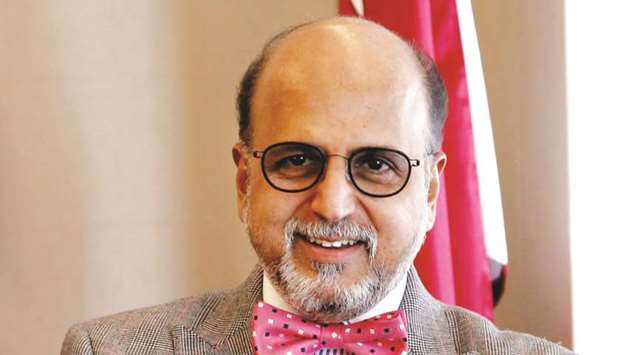The 50th annual meeting of the World Economic forum is underway in Davos, Switzerland. The meeting’s theme is ‘Stakeholders for a Cohesive and Sustainable World.’ It aims to give concrete meaning to ‘stakeholder capitalism’, assist governments and international institutions in tracking progress towards the Paris Agreement and the Sustainable Development Goals, and facilitate discussions on technology and trade governance. It focuses on seven key themes, namely Healthy Futures, How to Save Planet, Tech for Good, Beyond Geopolitics, Society and Future of Work, Better Business and Fairer Economies.
On the economy side global growth is projected to rise from an estimated 2.9% in 2019 to 3.3% in 2020 and 3.4% for 2021. It primarily reflects negative surprises to economic activity in a few emerging market economies, notably India. Advanced economies continue to slow towards their long term potential. Growth has been downgraded to 1.7% for 2019, and it is expected at 1.6% into 2020 and 1.6% in 2021 respectively. In the US, growth in 2019 is expected to be 2.3%, moderating to 2% in 2020 and 1.7% in 2021 respectively. In the emerging market and developing economy group, growth is expected to grow by 3.7% in 2019, increase to 4.4% in 2020 and 4.6% in 2021.
India’s growth is estimated at 4.8% in 2019, projected to improve to 5.8% in 2020 and 6.5% in 2021, supported by monetary and fiscal stimulus as well as subdued oil prices. Growth in China is projected to inch down from an estimated 6.1% in 2019 to 6.0% in 2020 and 5.8% in 2021.
Growth in the Middle East and Central Asia region is expected at 0.8% in 2019, 2.8% in 2020, firming up to 3.2% in 2021.
On the positive side, market sentiment has been boosted by tentative signs that manufacturing activity and global trade are bottoming out, a broad-based shift toward accommodative monetary policy, intermittent favourable news on US-China trade negotiations, and diminished fears of a no-deal Brexit, leading to some retreat from the risk-off environment.
Downside risks to global growth include rising geopolitical tensions in the Middle East region. Even recently, the oil prices had jumped a bit on account of Libyan pipeline shutdown.
In health futures, focus is on current scenario of global healthcare, which has improved dramatically over the past decade. Medical science has made huge leaps, but technology now promises the “precision medicine” dream. The discussions will evolve around identification and solving major healthcare challenges while ensuring fair access for all.
On How to Save Planet, discussions will be on climate change developments such as the Earth is getting hotter, the ice is melting, the oceans are rising, and they’re filling up with plastic. We’re losing species, building up greenhouse gases, and running out of time. The concept of ‘sustainable’ should be applied to every area of human activity — energy, food, clothing, travel, cities.
The tech for good discussions will involve around getting together to agree the rules on things like genetically modified babies, the robots of war, and the algorithms that determine our life chances.
On geopolitics, discussions will involve on how we are happy when we really get our international act together such as reversed depletion of the ozone layer or the Paris accord to limit climate change. However, we should move from geopolitics and international competition to a default of consummate global collaboration.
On future of work, discussions will raise concerns that if we leave it to the market the Fourth Industrial Revolution will usher in a long and damaging period of dislocation and how to we reskill to manage the same.
On better business understanding discussions will involve understanding the changes in technology and social change. There’s no way we’ll create a cohesive, resilient world without them. But to do this, we’ll need them to shift their time horizons, look beyond short term profits, and transform themselves into sustainable and inclusive organisations.
On Fairer Economies, discussions will evolve on how we re-shape economies so that growth benefits the many and not just the few and to ensure that the extraordinary engine of human development we built is made sustainable.
Qatar Vision 2030 has incorporated the environmental development in it. Qatar is also committed to UN’s sustainable development goals.
* The author is Group CEO of Doha Bank.

Dr R Seetharaman
